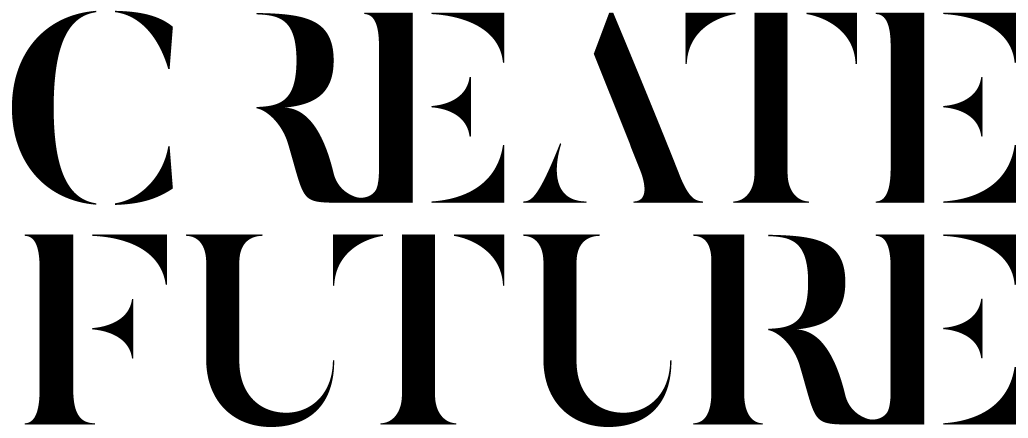Certainty in an uncertain world - an introduction to the AREA model.
I bought a flat earlier this year. Yes it was exciting - especially looking at all that property porn and nosing around other people’s houses - but it was also nerve wracking and fraught with anxiety. At every stage there was something else to worry about;
Will I get a mortgage?
Do I have enough money?
Is this the right house?
Will my offer be accepted?
Concluding the missives (in Scotland anyway)
Waiting to finally getting the keys.
I was much happier once I had opened the front door and knew it was finally mine, even though that’s when all the hard work started.
Within weeks it felt as if I’d been there for years. I had quickly adapted. There’s a psychological reason for this which is nicely summarised by the AREA model.
AREA stands for Attention, React, Explain, Adapt. It was originally included in an academic paper titled Explaining Away: A Model of Affective Adaptation. It suggests that the resolution of uncertainty about life events increases happiness. Certainty means that the future can be better planned or managed regardless of what the future holds. Given the current uncertain political climate this is particularly relevant.
Some more examples of this in practice included unexplained pain. If your head hurts a lot and you don’t know why, it gets your attention and you react to it but you can’t adapt because you can’t explain it.
It’s been shown that happiness levels temporarily increase after receiving a critical illness diagnosis due to the removal of uncertainty. It may not be the desired outcome but you can now adapt.
In a more mundane example, one of the joys of using Uber is you can see exactly how long it’s going to take for your cab to arrive. No more calling the cab office and being told ‘it’s just around the corner’.
(As an aside, the opposite applies to pleasure - increased anticipation increases pleasure!).
So how can we use this for good?
Designing services - find opportunities to reduce uncertainty e.g. explaining where users are in a process and quickly giving them decisions.
Recruitment - if you’re hiring let people know ASAP whether they’ve got the job or not and explain why if you can.
Client / Supplier relationships - being clear and transparent in everything you do. No one likes radio silence. If you’re not going to sign off that proposal that’s fine - just let us know and will deal with it! Not knowing makes us unhappy.
Next time you’re going through a life event that feels stressful or you’re struggling to make a life changing decision - be reassured that your happiness levels WILL increase afterwards and you will adapt no matter what the future holds.
As always, any comments of questions are always appreciated.
References:
Wilson, Timothy D., and Daniel T. Gilbert. 2008. Explaining away a model of affective adaptation. Perspectives on Psychological Science 3(5): 370-386.

